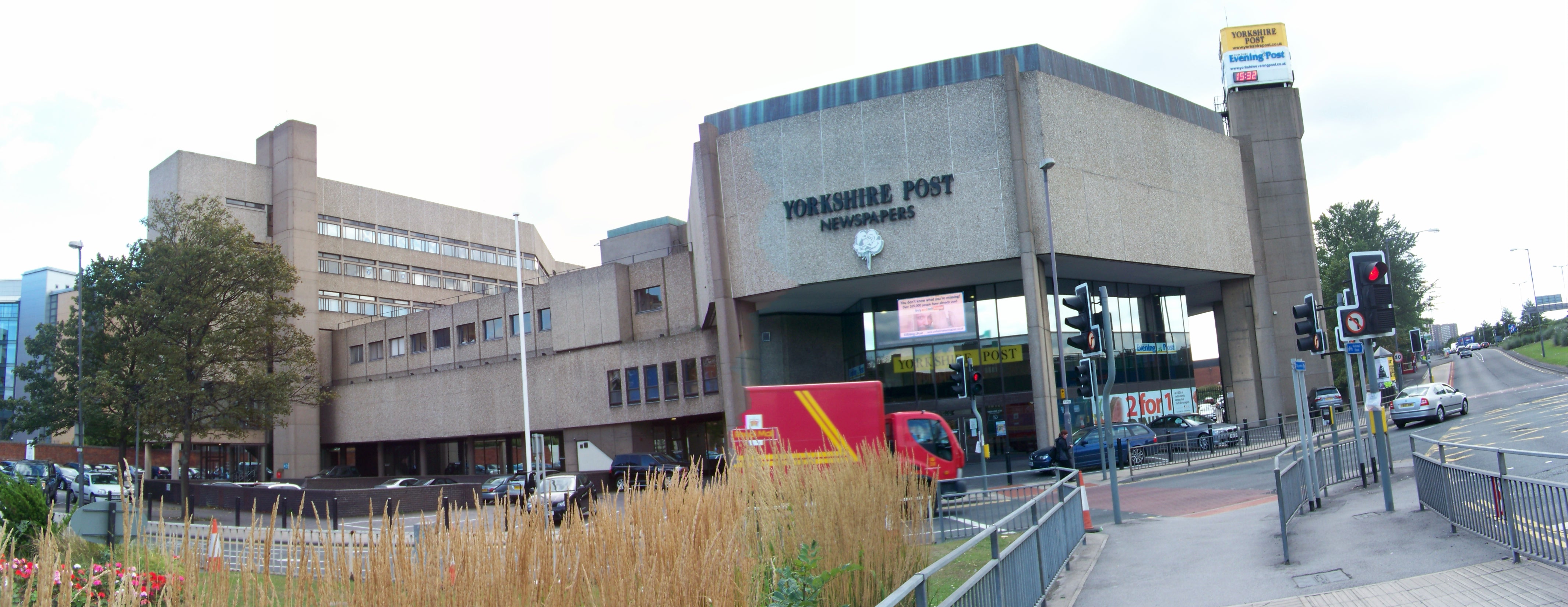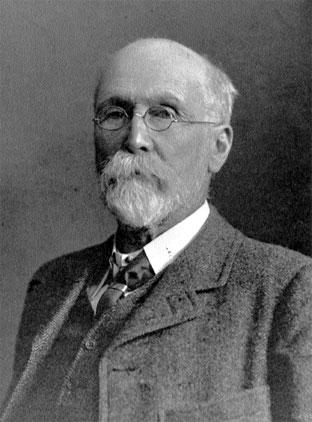|
Selection Box
A selection box is a boxed gift consisting of a variety of edible items, usually chocolate based. They are generally associated with Christmas, particularly in the United Kingdom and Ireland. History Selection boxes became common around the early 20th century in Britain. Chocolatiers, Rowntree's and Cadbury pioneered the early selection boxes which were saved for by way of a Christmas club over many months, to be collected around Christmas time. Choice and variation of contents were the consumer's choice, and often the value of the selection box would exceed a week's wages. In more modern times the selection box as we know it has become a staple Christmas gift of chocolate. Each chocolate company produces these at Christmas time and they are often filling the spaces near supermarket checkouts. In the 1960s and 1970s the selection box took on a more commercialized approach with games printed on the reverse of the boxes such as snakes and ladders, adding to the desirability of ... [...More Info...] [...Related Items...] OR: [Wikipedia] [Google] [Baidu] |
Cadbury's Christmas Selection Box (31970925091)
Cadbury, formerly Cadbury's and Cadbury Schweppes, is a British multinational confectionery company fully owned by Mondelez International (originally Kraft Foods) since 2010. It is the second largest confectionery brand in the world after Mars. Cadbury is internationally headquartered in Buckinghamshire, and operates in more than 50 countries worldwide. It is known for its Dairy Milk chocolate, the Creme Egg and Roses selection box, and many other confectionery products. One of the best-known British brands, in 2013 ''The Daily Telegraph'' named Cadbury among Britain's most successful exports. Cadbury was founded in 1824, in Birmingham, England, by John Cadbury (1801–1889), a Quaker who sold tea, coffee and drinking chocolate. Cadbury developed the business with his brother Benjamin, followed by his sons Richard and George. George developed the Bournville estate, a model village designed to give the company's workers improved living conditions. Dairy Milk chocolate, int ... [...More Info...] [...Related Items...] OR: [Wikipedia] [Google] [Baidu] |
The Yorkshire Post
''The Yorkshire Post'' is a daily broadsheet newspaper, published in Leeds in Yorkshire, England. It primarily covers stories from Yorkshire although its masthead carries the slogan "Yorkshire's National Newspaper". It was previously owned by Johnston Press and is now owned by JPIMedia. Founded in 1754, it is one of the oldest newspapers in the country. Editions are available throughout the United Kingdom with offices across Yorkshire in Harrogate, Hull, Scarborough, Sheffield and York, as well as correspondents in Westminster and the City of London. The current editor is James Mitchinson. It considers itself "one of Britain's most trusted and historic newsbrands." History The paper was founded in 1754, as the ''Leeds Intelligencer'', making it one of Britain's first daily newspapers. The ''Leeds Intelligencer'' was a weekly newspaper until it was purchased by a group of Conservatives in 1865 who then published daily under the current name. The first issue of ''The Yorkshi ... [...More Info...] [...Related Items...] OR: [Wikipedia] [Google] [Baidu] |
Rowntree's
Rowntree's is a British confectionery brand and former business based in York, England. Rowntree developed the Kit Kat (introduced in 1935), Aero (introduced in 1935), Fruit Pastilles (introduced in 1881), Smarties (introduced in 1937) brands, and the Rolo and Quality Street brands when it merged with Mackintosh's in 1969 to form Rowntree Mackintosh Confectionery. Rowntree's also launched After Eight thin mint chocolates in 1962. The Yorkie and Lion bars were introduced in 1976. Rowntree's also pioneered the festive selection box (a gift consisting of assorted bars and sweets) which in the UK have been a staple gift at Christmas for over a century. Founded in 1862, the company developed strong associations with Quaker philanthropy. Throughout much of the 19th and 20th centuries, it was one of the big three confectionery manufacturers in the United Kingdom, alongside Cadbury and Fry, both also founded by Quakers. In 1981, Rowntree's received the Queen's Award for Ent ... [...More Info...] [...Related Items...] OR: [Wikipedia] [Google] [Baidu] |
Cadbury
Cadbury, formerly Cadbury's and Cadbury Schweppes, is a British multinational confectionery company fully owned by Mondelez International (originally Kraft Foods) since 2010. It is the second largest confectionery brand in the world after Mars. Cadbury is internationally headquartered in Buckinghamshire, and operates in more than 50 countries worldwide. It is known for its Dairy Milk chocolate, the Creme Egg and Roses selection box, and many other confectionery products. One of the best-known British brands, in 2013 ''The Daily Telegraph'' named Cadbury among Britain's most successful exports. Cadbury was founded in 1824, in Birmingham, England, by John Cadbury (1801–1889), a Quaker who sold tea, coffee and drinking chocolate. Cadbury developed the business with his brother Benjamin, followed by his sons Richard and George. George developed the Bournville estate, a model village designed to give the company's workers improved living conditions. Dairy Milk chocolate, int ... [...More Info...] [...Related Items...] OR: [Wikipedia] [Google] [Baidu] |
Christmas Club
A Christmas club is a special-purpose savings account, first offered by various banks and credit unions in the United States beginning in early 20th century, including the Great Depression, under which bank customers deposit a set amount of money each week into a savings account, and receive the money back at the end of the year for Christmas shopping. Origins The first known Christmas Club started in 1909, when Merkel Landis, treasurer of the Carlisle Trust Company of Carlisle (Pennsylvania), introduced the first Christmas savings fund. The Club attracted 350 customers who saved about $28 each, and the money was disbursed on December 1 of that year. The January 2, 1920 edition of the Belvidere, Illinois ''Daily Republican'' announced that the town's State Farmers Bank was encouraging parents to enroll their children in the Christmas Banking Club "to develop self-reliance and the saving habit". Promotion For decades, financial institutions competed for the holiday savings busi ... [...More Info...] [...Related Items...] OR: [Wikipedia] [Google] [Baidu] |
Impulse Buy
In the field of consumer behavior, an impulse purchase or impulse buying is an unplanned decision by a consumer to buy a product or service, made just before a purchase. One who tends to make such purchases is referred to as an impulse purchaser, impulse buyer, or compulsive buyer. Research findings suggest that emotions, feelings, and attitudes play a decisive role in purchasing, triggered by seeing the product or upon exposure to a well crafted promotional message. History The original definition of an "impulse purchase" was a purchase that unplanned by the consumer that came out of the DuPont ''Consumer Buying Habits Study'' that occurred from 1948 to 1965. The definition of impulse buying was then updated, referring to the intense urge that a consumer feels when they want to buy an item right then, often causing cognitive dissonance for the consumer. This changed the focus of definition from the product to the consumer. From there, it has been expressed that impulse pu ... [...More Info...] [...Related Items...] OR: [Wikipedia] [Google] [Baidu] |
Thorntons
Thorntons Limited is a British chocolate manufacturer owned by the Italian confectionery company, Ferrero. It was established in 1911 by Joseph William Thornton and his father in Sheffield, Yorkshire, England. When Cadbury became part of the Mondelez International predecessor Kraft Foods, Thorntons had become the largest confectionery-only parent company in Britain. The company was purchased by the Italian firm Ferrero in June 2015 for £112. Until and during the Second World War, the company was an established toffee and fudge maker. With post war rationing ending, the group's primary focus shifted to Belgian and Swiss-style chocolate in sets.A minority of sales is in novelties, decoration and café outlet remittanceFull accounts made up to the 31st August 2018Thorntons Ltd Annual Report 2018, Companies House. Retrieved 16 May 2020Clark, Andrew (7 May 2011)"Thorntons: why the chocolate-maker has gone into meltdown" ''The Observer''. The Guardian (theguardian.com). Retrieved 1 ... [...More Info...] [...Related Items...] OR: [Wikipedia] [Google] [Baidu] |
X-ray
An X-ray, or, much less commonly, X-radiation, is a penetrating form of high-energy electromagnetic radiation. Most X-rays have a wavelength ranging from 10 picometers to 10 nanometers, corresponding to frequencies in the range 30 petahertz to 30 exahertz ( to ) and energies in the range 145 eV to 124 keV. X-ray wavelengths are shorter than those of UV rays and typically longer than those of gamma rays. In many languages, X-radiation is referred to as Röntgen radiation, after the German scientist Wilhelm Conrad Röntgen, who discovered it on November 8, 1895. He named it ''X-radiation'' to signify an unknown type of radiation.Novelline, Robert (1997). ''Squire's Fundamentals of Radiology''. Harvard University Press. 5th edition. . Spellings of ''X-ray(s)'' in English include the variants ''x-ray(s)'', ''xray(s)'', and ''X ray(s)''. The most familiar use of X-rays is checking for fractures (broken bones), but X-rays are also used in other ways. ... [...More Info...] [...Related Items...] OR: [Wikipedia] [Google] [Baidu] |
British Confectionery
British may refer to: Peoples, culture, and language * British people, nationals or natives of the United Kingdom, British Overseas Territories, and Crown Dependencies. ** Britishness, the British identity and common culture * British English, the English language as spoken and written in the United Kingdom or, more broadly, throughout the British Isles * Celtic Britons, an ancient ethno-linguistic group * Brittonic languages, a branch of the Insular Celtic language family (formerly called British) ** Common Brittonic, an ancient language Other uses *''Brit(ish)'', a 2018 memoir by Afua Hirsch *People or things associated with: ** Great Britain, an island ** United Kingdom, a sovereign state ** Kingdom of Great Britain (1707–1800) ** United Kingdom of Great Britain and Ireland (1801–1922) See also * Terminology of the British Isles * Alternative names for the British * English (other) * Britannic (other) * British Isles * Brit (other) * Briton (d ... [...More Info...] [...Related Items...] OR: [Wikipedia] [Google] [Baidu] |
Chocolate
Chocolate is a food made from roasted and ground cacao seed kernels that is available as a liquid, solid, or paste, either on its own or as a flavoring agent in other foods. Cacao has been consumed in some form since at least the Olmec civilization (19th-11th century BCE), and the majority of Mesoamerican people ─ including the Maya and Aztecs ─ made chocolate beverages. The seeds of the cacao tree have an intense bitter taste and must be fermented to develop the flavor. After fermentation, the seeds are dried, cleaned, and roasted. The shell is removed to produce cocoa nibs, which are then ground to cocoa mass, unadulterated chocolate in rough form. Once the cocoa mass is liquefied by heating, it is called chocolate liquor. The liquor may also be cooled and processed into its two components: cocoa solids and cocoa butter. Baking chocolate, also called bitter chocolate, contains cocoa solids and cocoa butter in varying proportions, without any added sugar. Powder ... [...More Info...] [...Related Items...] OR: [Wikipedia] [Google] [Baidu] |
.jpg)







